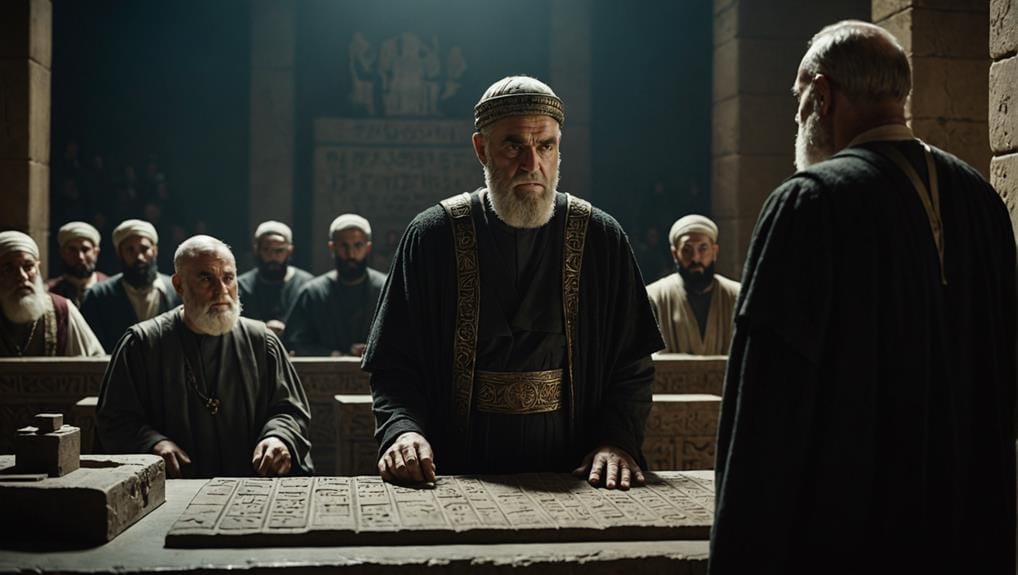The region of Mesopotamia, often referred to as the “Cradle of Civilization,” is located in the eastern part of the Fertile Crescent, an area known for its rich soils and favorable agricultural conditions. Bordered by the Tigris and Euphrates rivers, Mesopotamia covers parts of modern-day Iraq, Syria, and Turkey. This region is celebrated for giving rise to some of the world’s earliest and most influential civilizations.
Definition and Geographical Location
Mesopotamia, derived from the Greek meaning “land between rivers,” lies within the Fertile Crescent, a crescent-shaped region extending from the eastern Mediterranean coast through the Tigris-Euphrates valley to the Persian Gulf. Its fertile land and abundant water resources made it an ideal location for early human settlements and agricultural development.
Significance as the “Cradle of Civilization”
Mesopotamia’s significance stems from its status as the birthplace of several foundational aspects of modern society. This region saw the development of some of the first urban centers, complex societies, and early forms of writing and governance. As such, it is often referred to as the “Cradle of Civilization,” marking the transition from prehistoric communities to advanced states.
Early Settlements
Sumerians
The Sumerians were among the earliest settlers in southern Mesopotamia, establishing city-states such as Ur, Uruk, and Eridu around 3500 BCE. They are credited with many “firsts” in human history, including the invention of writing (cuneiform script), the creation of one of the earliest known legal codes, and significant advancements in mathematics and astronomy.
Akkadians
Following the Sumerians, the Akkadians, led by the notable ruler Sargon the Great, established the first known empire in history around 2334 BCE. The Akkadian Empire unified various city-states under a central authority, spreading its influence across Mesopotamia and fostering the growth of culture, language, and trade.
Major Achievements
Inventions: Writing (Cuneiform), the Wheel
Mesopotamians invented cuneiform, one of the earliest forms of writing, around 3200 BCE. This script was initially used for record-keeping and later adapted for literature, legal codes, and administrative documents. Another groundbreaking invention from this region is the wheel, which revolutionized transportation and trade.
Architectural Advancements: Ziggurats
Ziggurats, massive terraced structures, were built by the Sumerians and later civilizations as temples dedicated to their gods. These impressive constructions served as both religious centers and symbols of political power, showcasing the architectural ingenuity of ancient Mesopotamians.
Notable Rulers and Empires
Hammurabi and His Code
Hammurabi, the sixth king of the First Babylonian Dynasty, ruled from 1792 to 1750 BCE. He is best known for the Code of Hammurabi, one of the oldest and most comprehensive legal codes in history. This code established laws covering various aspects of daily life, from trade and property to family and criminal justice, reflecting the complexity and order of Mesopotamian society.
The Assyrian Empire
The Assyrian Empire, which emerged around 2500 BCE and reached its peak between the 9th and 7th centuries BCE, was known for its military prowess, administrative efficiency, and monumental architecture. The Assyrians expanded their territory through conquest and established a highly organized and centralized state, leaving a lasting impact on the region’s history.
Cultural and Religious Aspects
Pantheon of Gods
Mesopotamian religion was polytheistic, with a pantheon of gods and goddesses who were believed to control natural forces and aspects of daily life. Key deities included Anu (the sky god), Enlil (the god of air and storms), and Inanna (the goddess of love and war). Religious practices were integral to Mesopotamian society, with temples serving as centers of worship and community life.
Epic of Gilgamesh
The Epic of Gilgamesh, one of the oldest known literary works, originates from Mesopotamia. This epic poem tells the story of Gilgamesh, a legendary king of Uruk, and his quest for immortality. Through its exploration of themes such as friendship, mortality, and the human condition, the Epic of Gilgamesh provides valuable insights into the beliefs and values of ancient Mesopotamian culture.
Read More About Mesopotamia and the Fertile Crescent
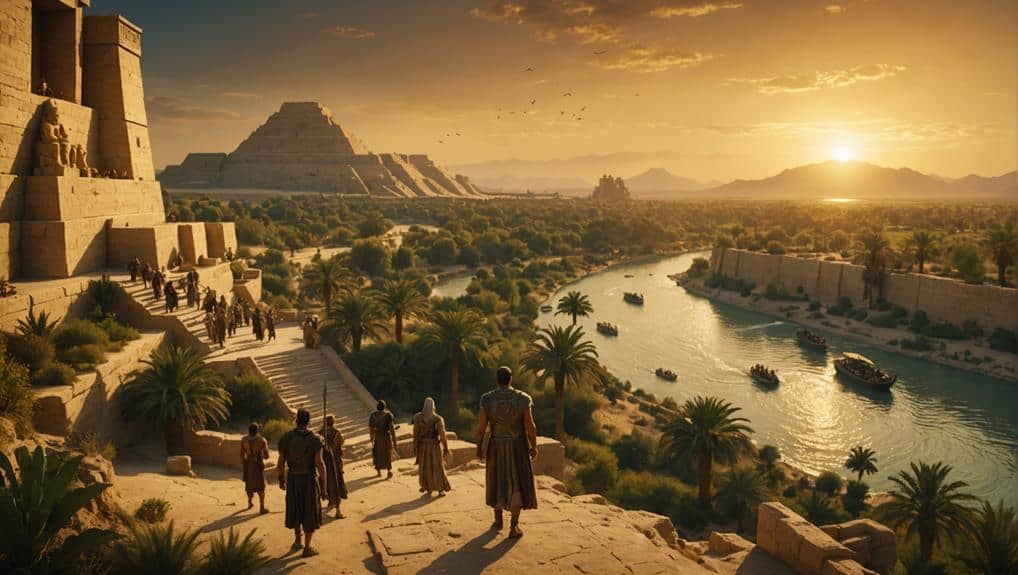
Uncover the Epic Tale of Gilgamesh: The World's Oldest Story
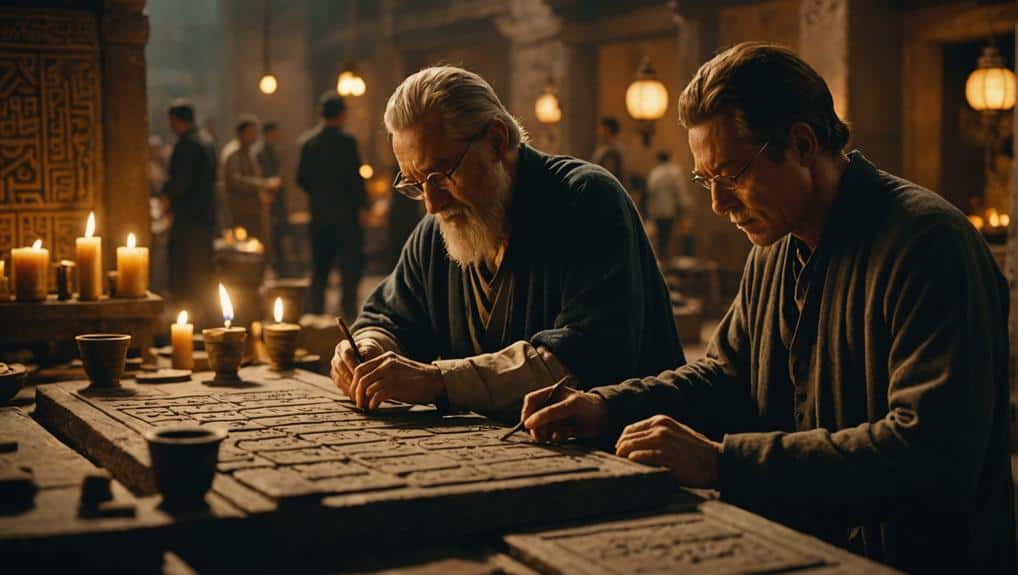
How the Invention of Writing Changed Civilization Forever
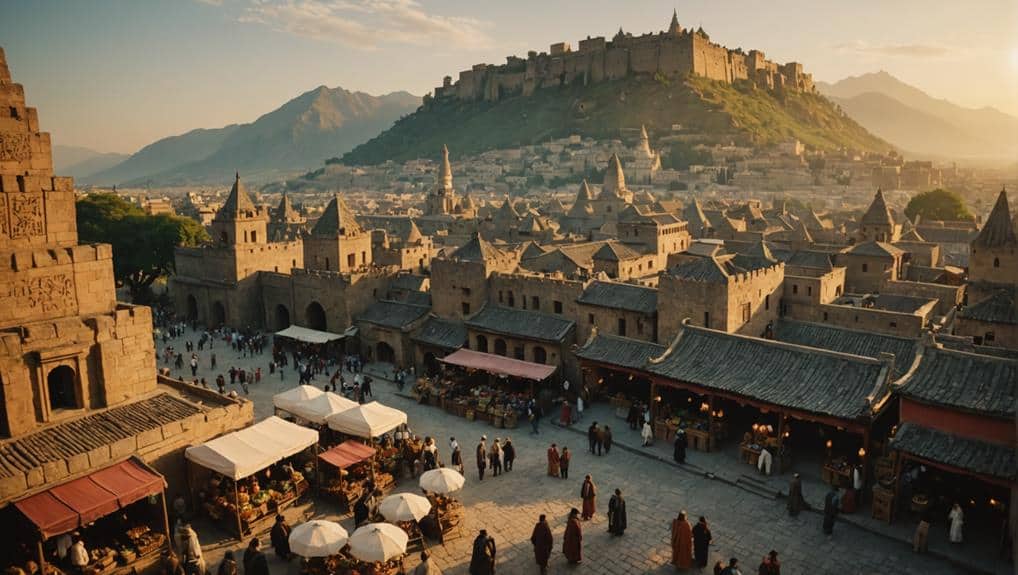
Discover the Ancient Secrets of the World's First Cities!
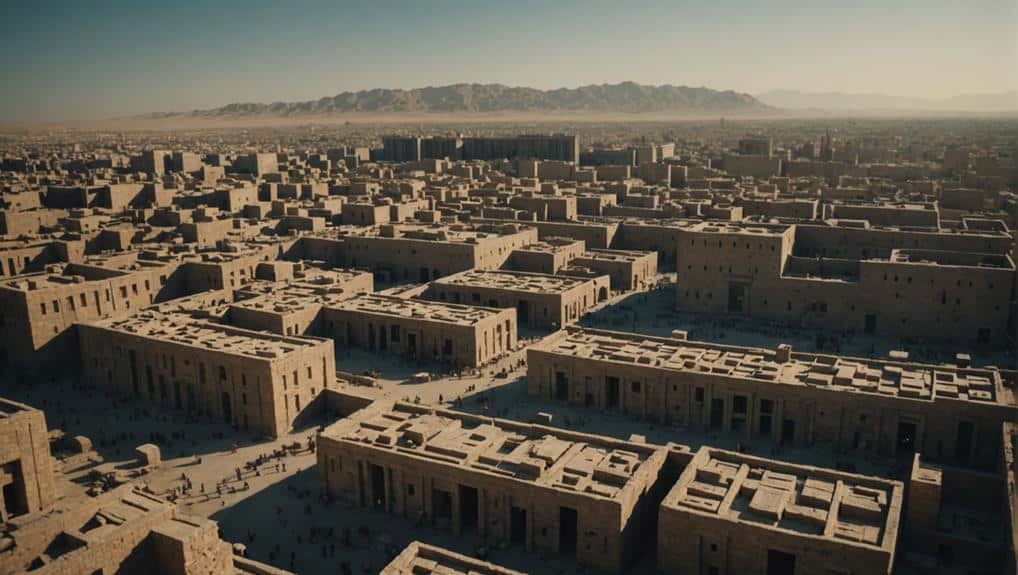
Ancient Laws in Modern Times: Mesopotamia's Legal Legacy
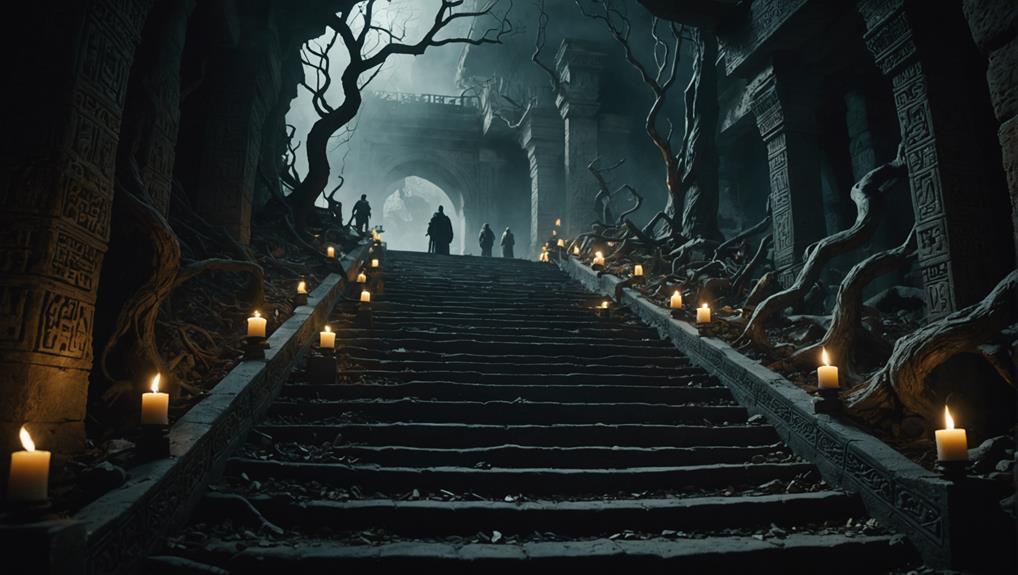
Journey to the Underworld: The Mesopotamian Myth of Ishtar
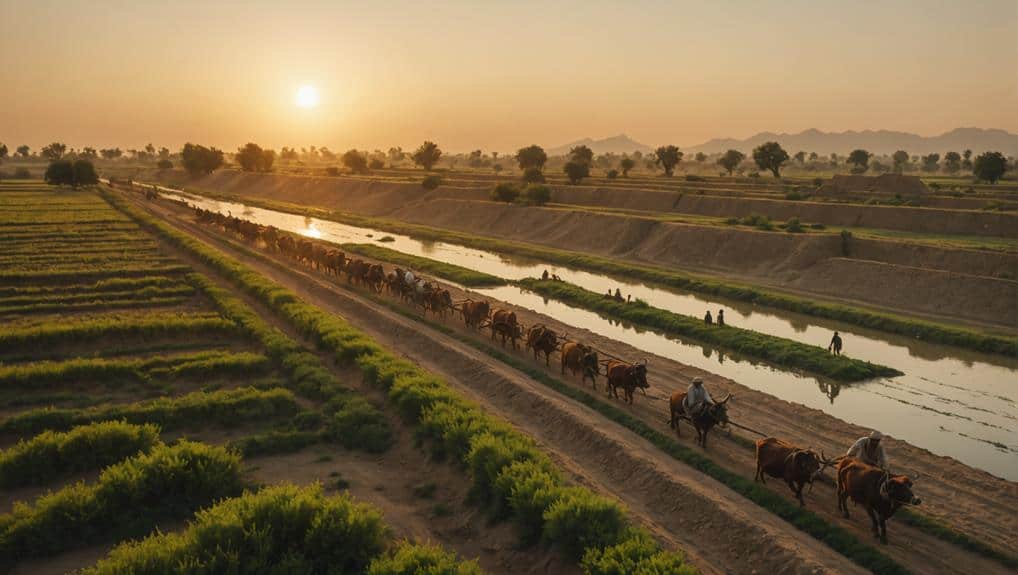
How Mesopotamian Farmers Transformed Agriculture Forever
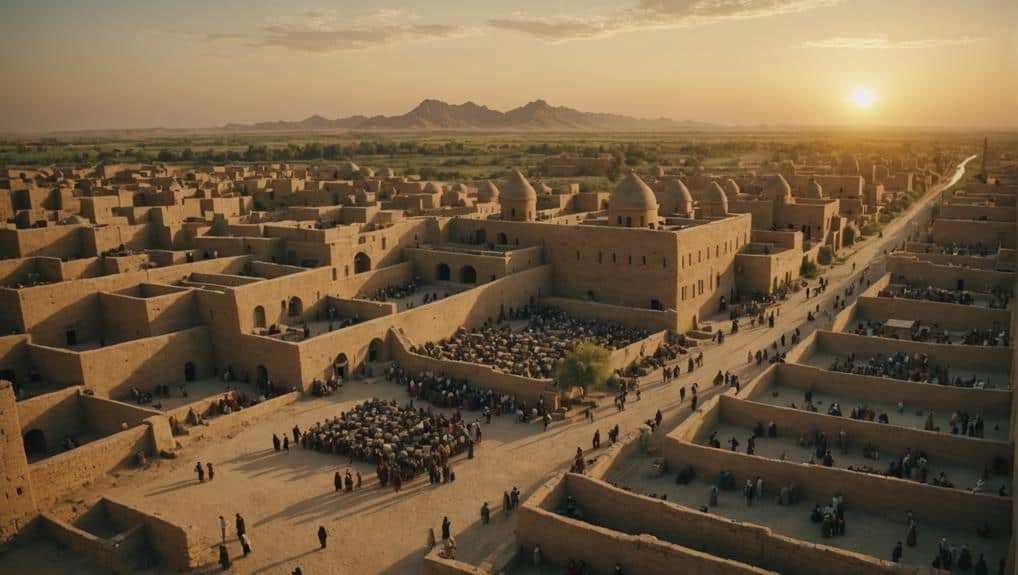
You Won't Believe How Much of Modern Culture Comes From Mesopotamia
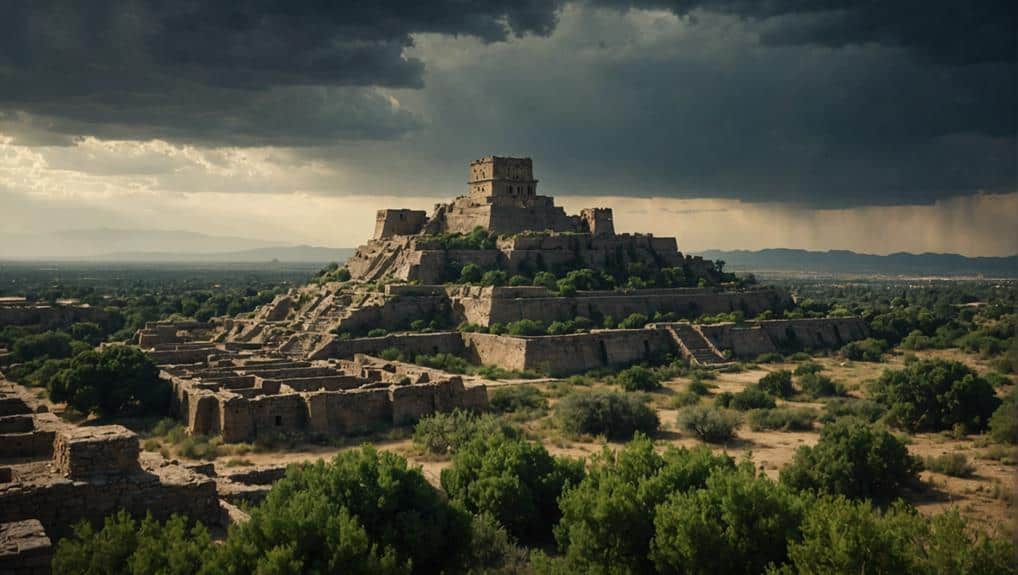
The Rise and Fall of Babylon: An Empire's Shocking Collapse
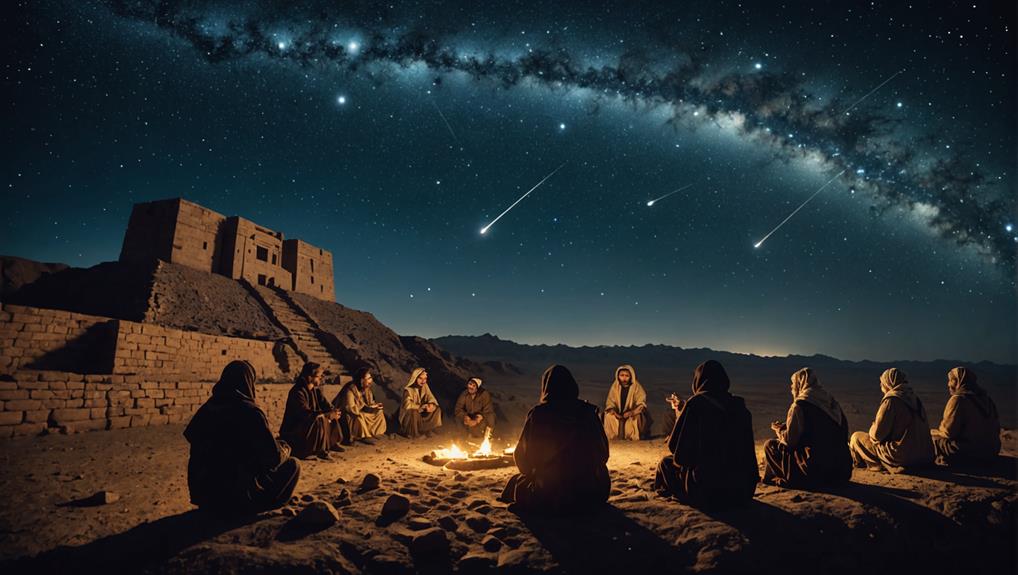
Ancient Stargazers: How Mesopotamians Read the Heavens
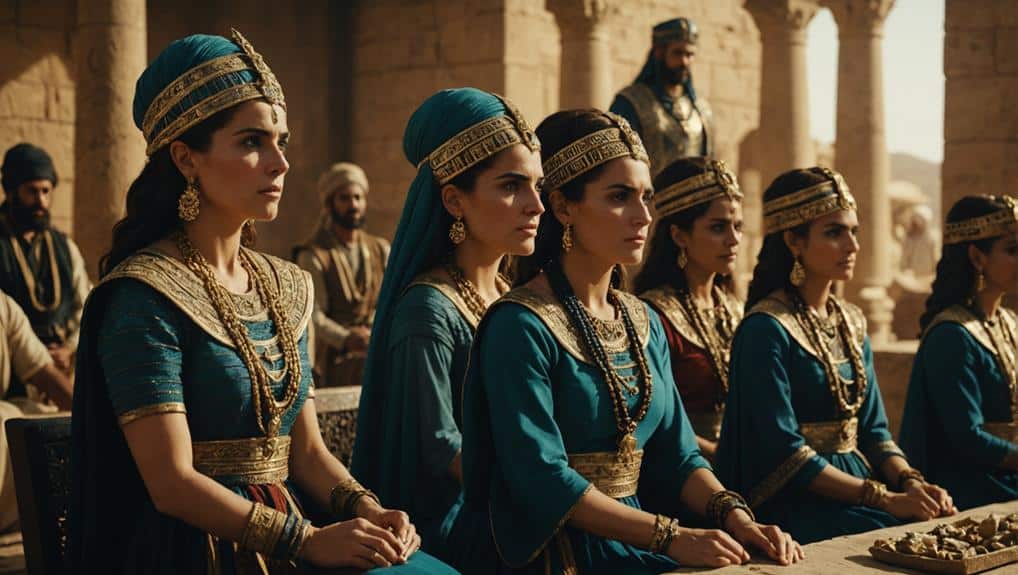
Powerful and Influential: The Hidden Roles of Women in Mesopotamia
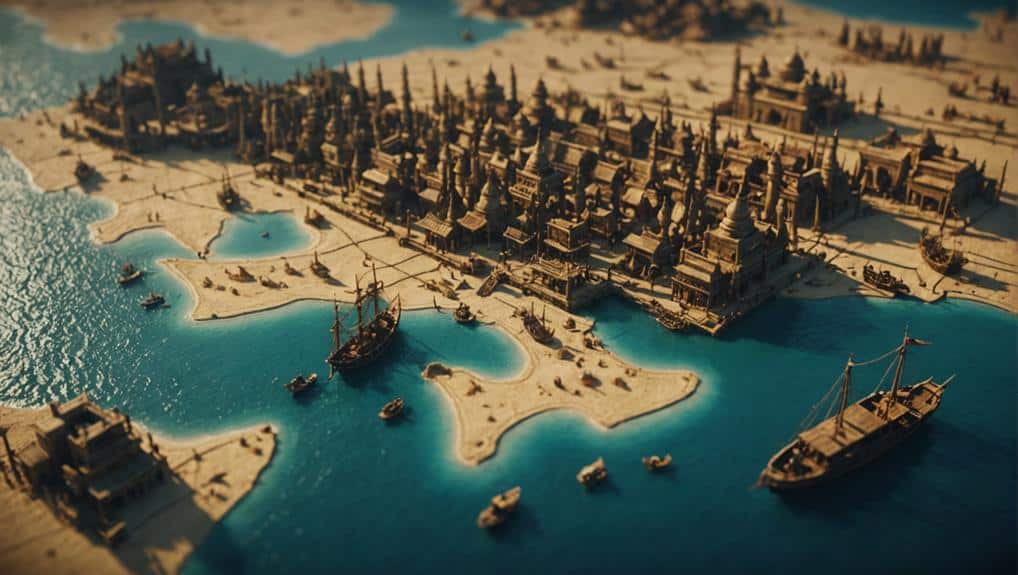
The Ancient Trade Routes That Connected the World
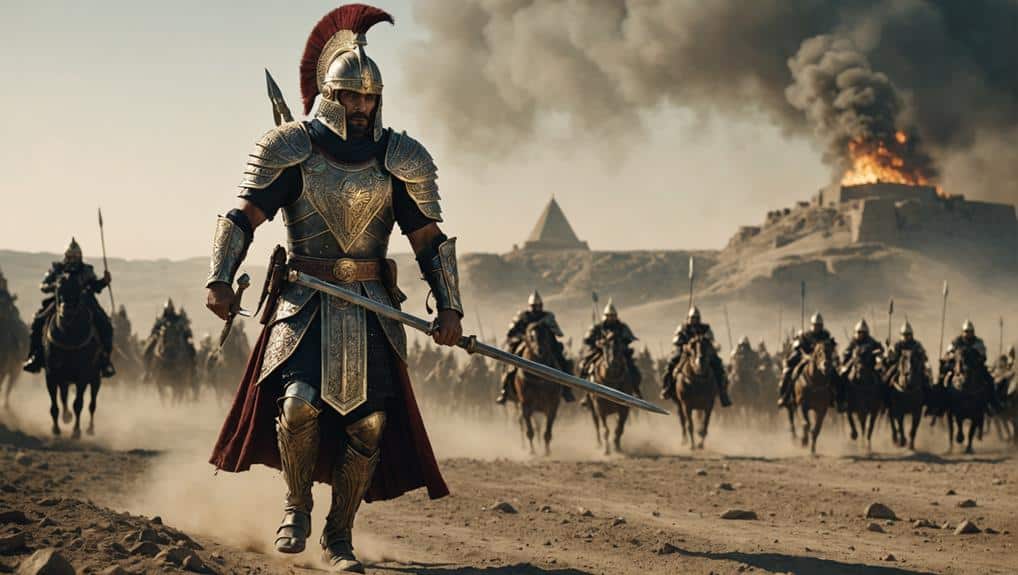
Fearsome Warriors: How the Assyrian Army Conquered the Ancient World
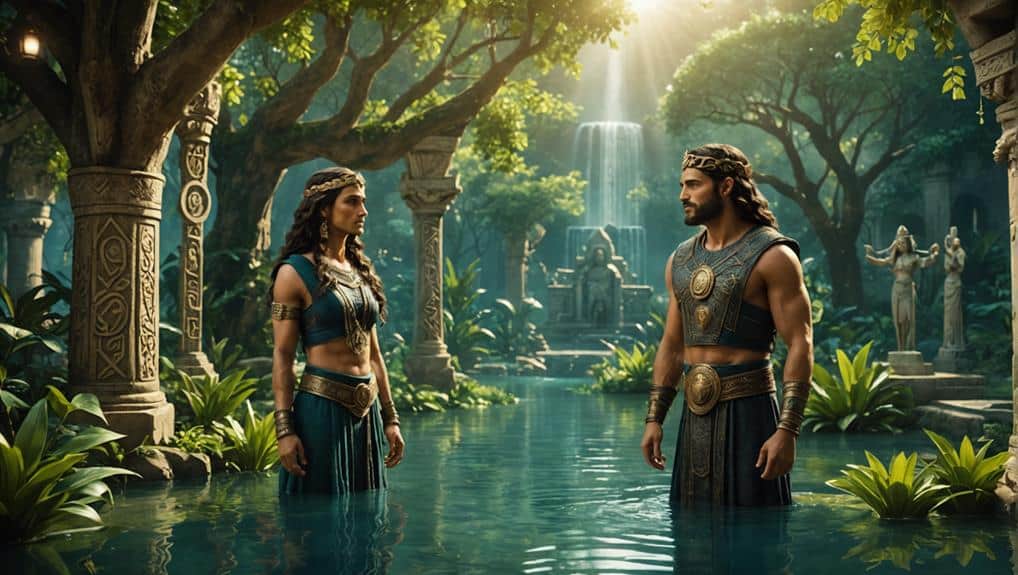
Ancient Love Stories: The Myth of Enki and Ninhursag

Secrets of the Ancient World: Inside the First Great Library
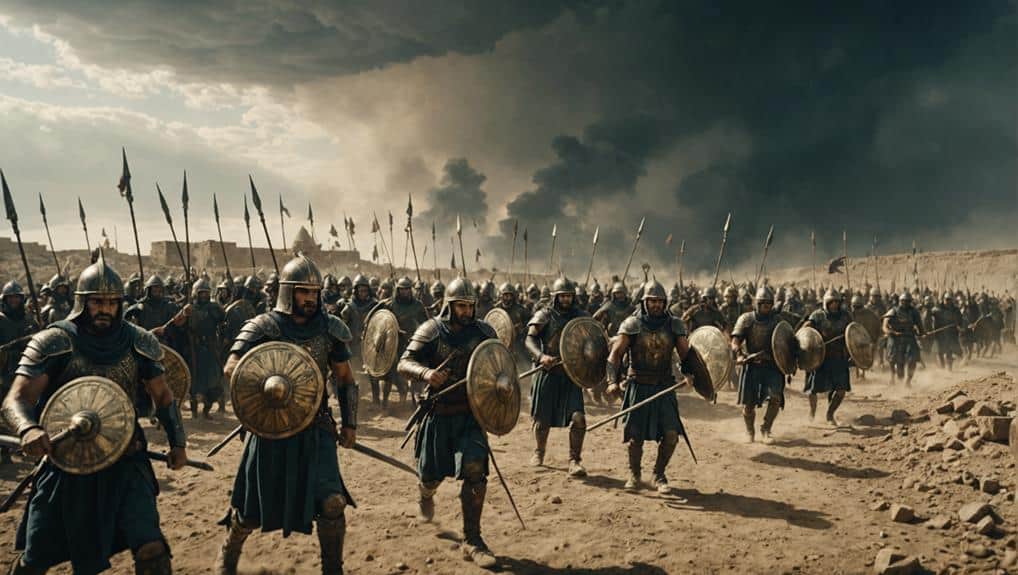
The Battle That Shaped History: Mesopotamia's Greatest War
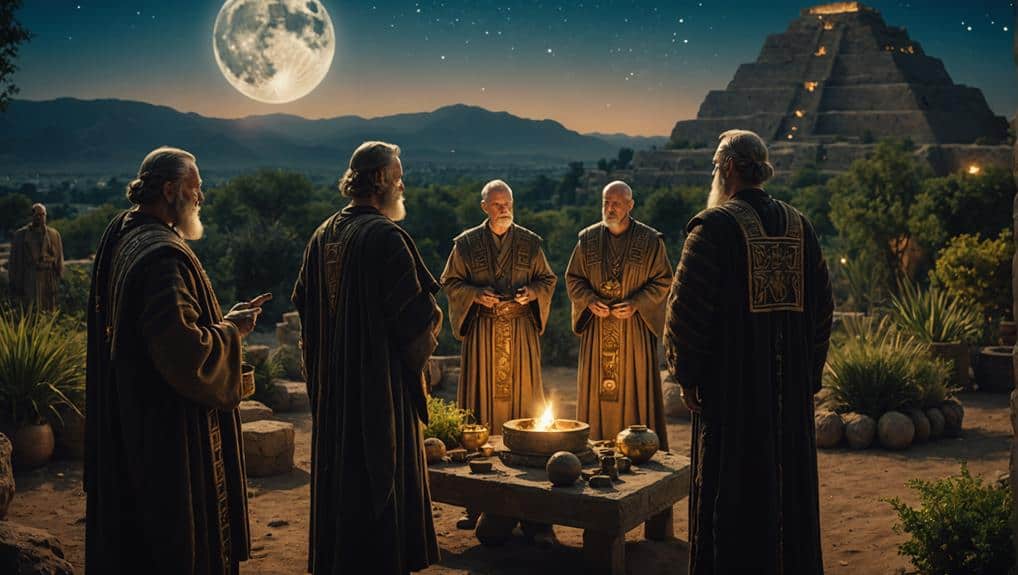
Divine Power: How Sumerian Priests Controlled Civilization
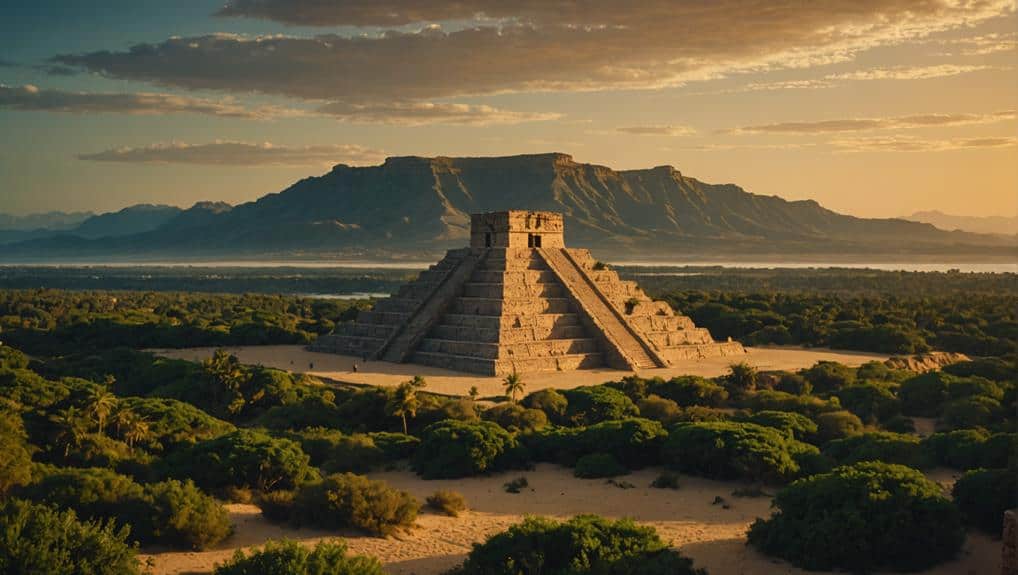
Mysteries of the Ziggurat: The Towering Temples of Ancient Mesopotamia
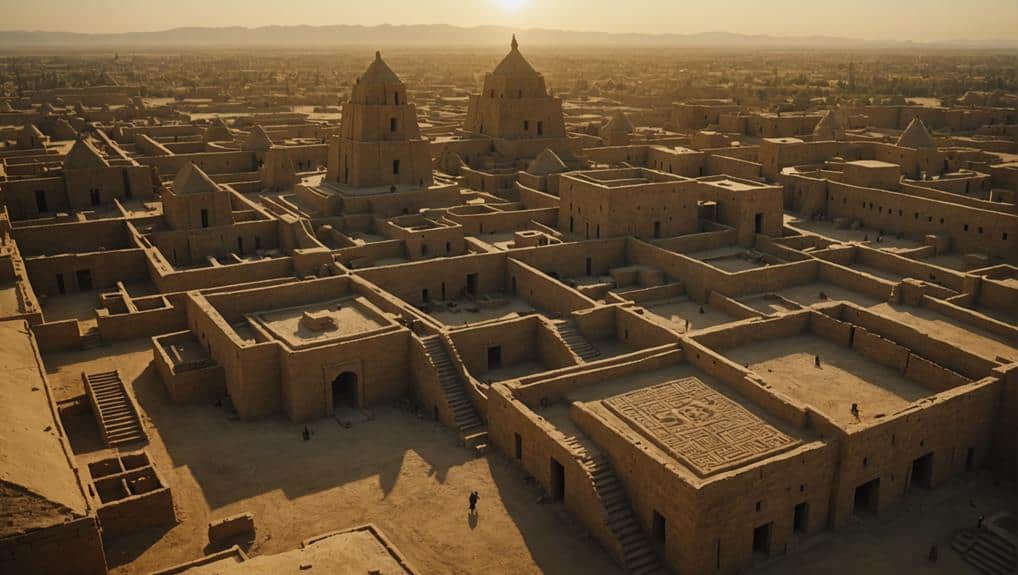
10 Incredible Inventions You Didn't Know Came From Sumer
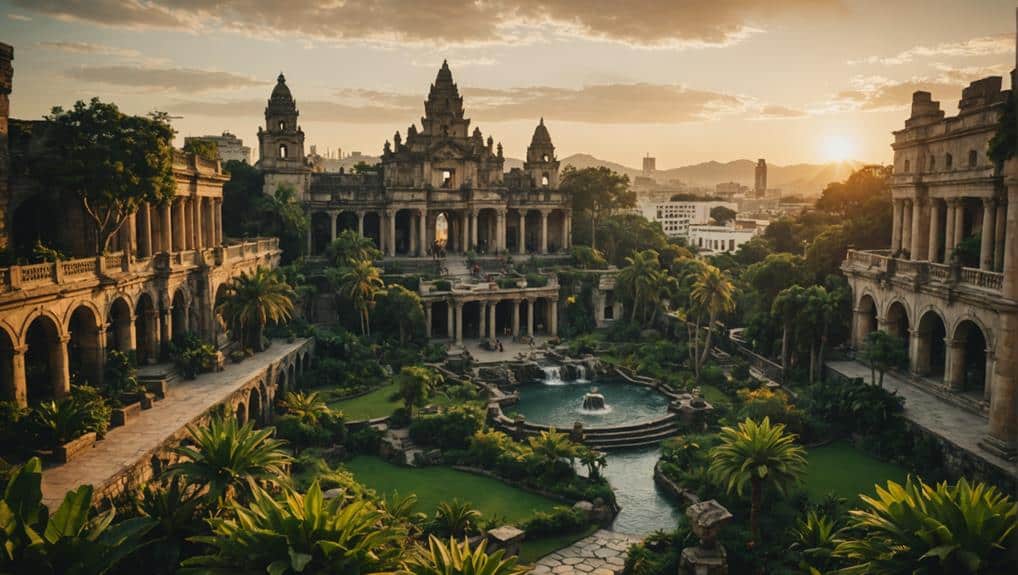
The Lost Wonder of the World: Did the Hanging Gardens Really Exist?
